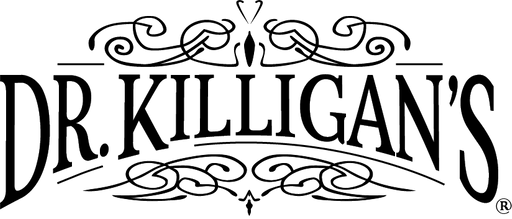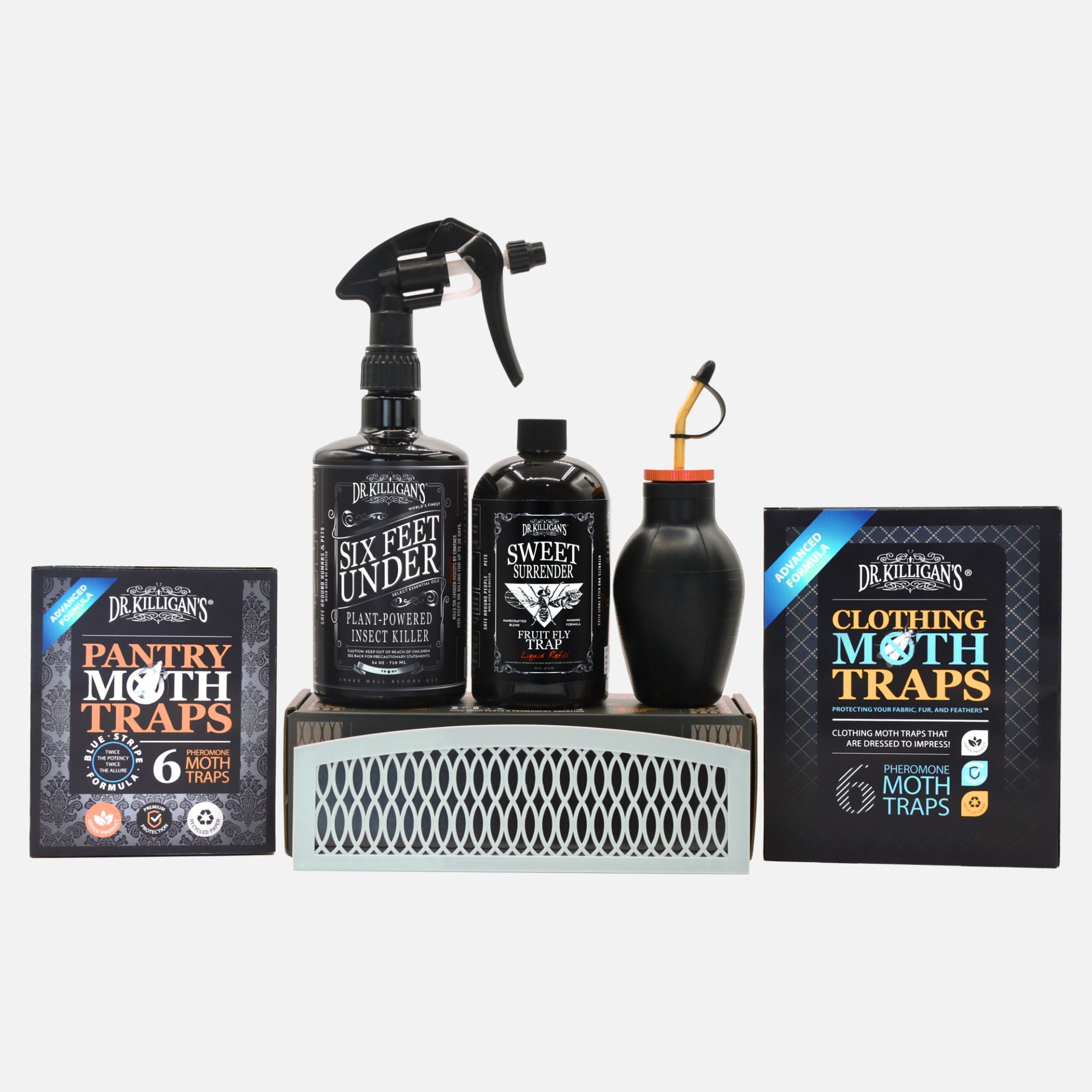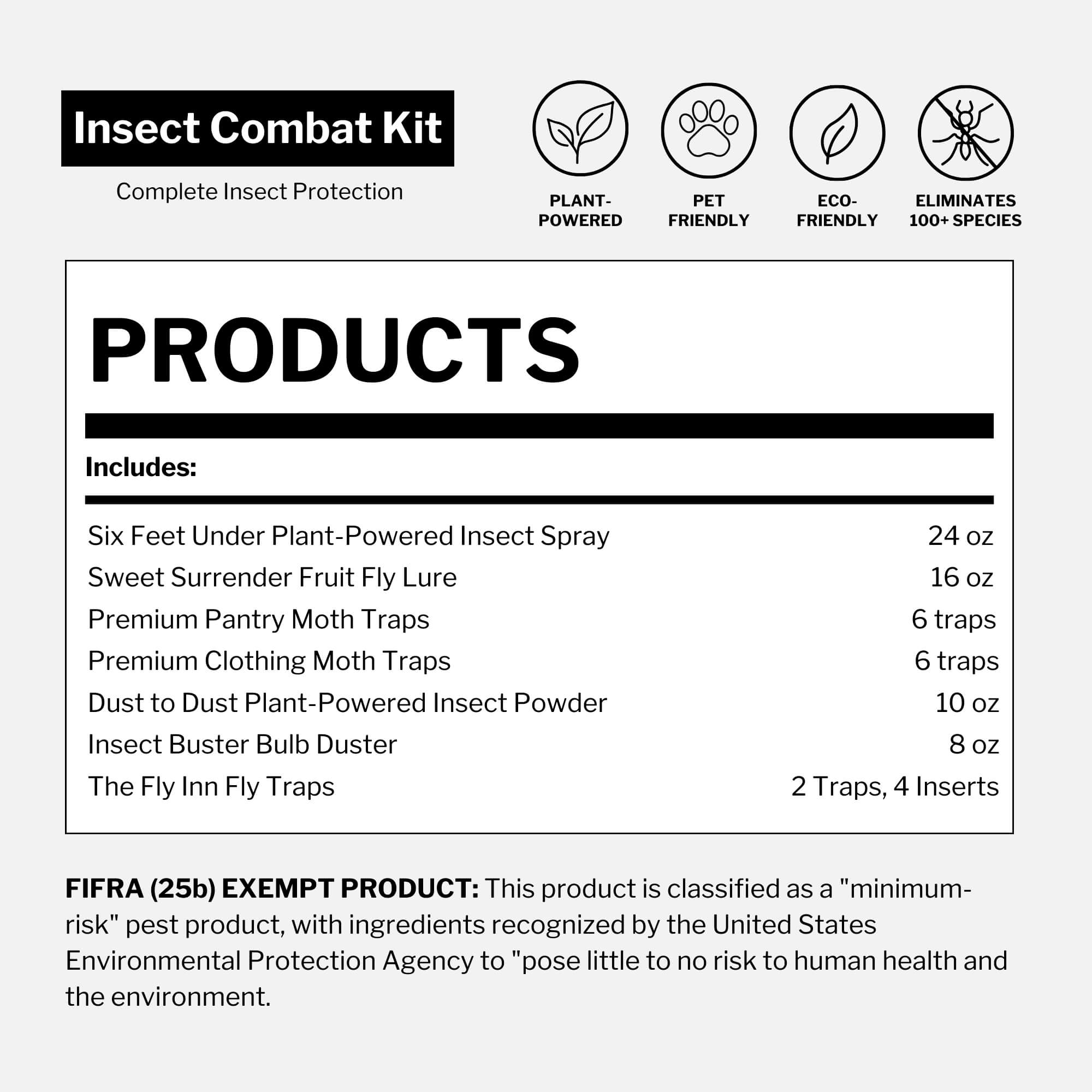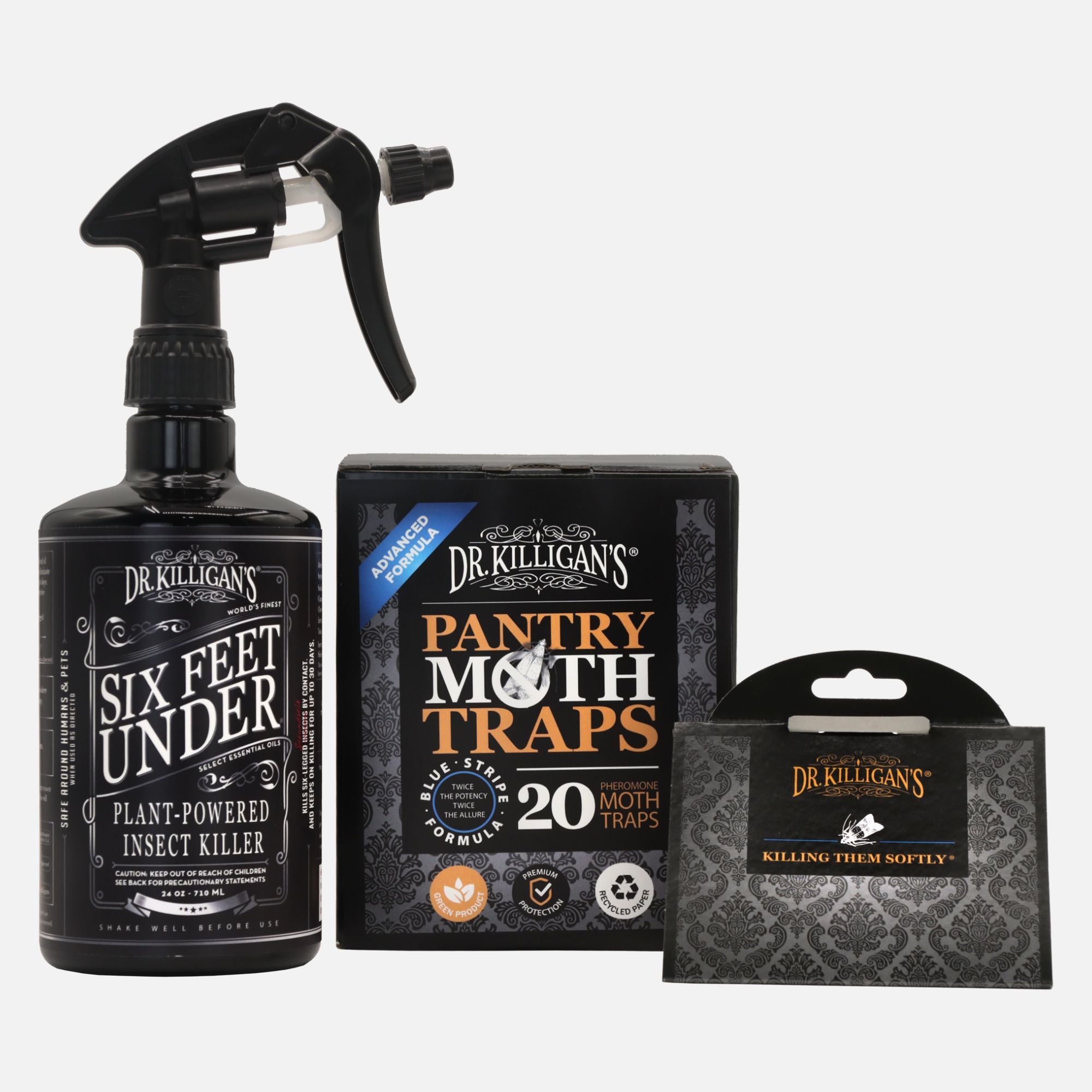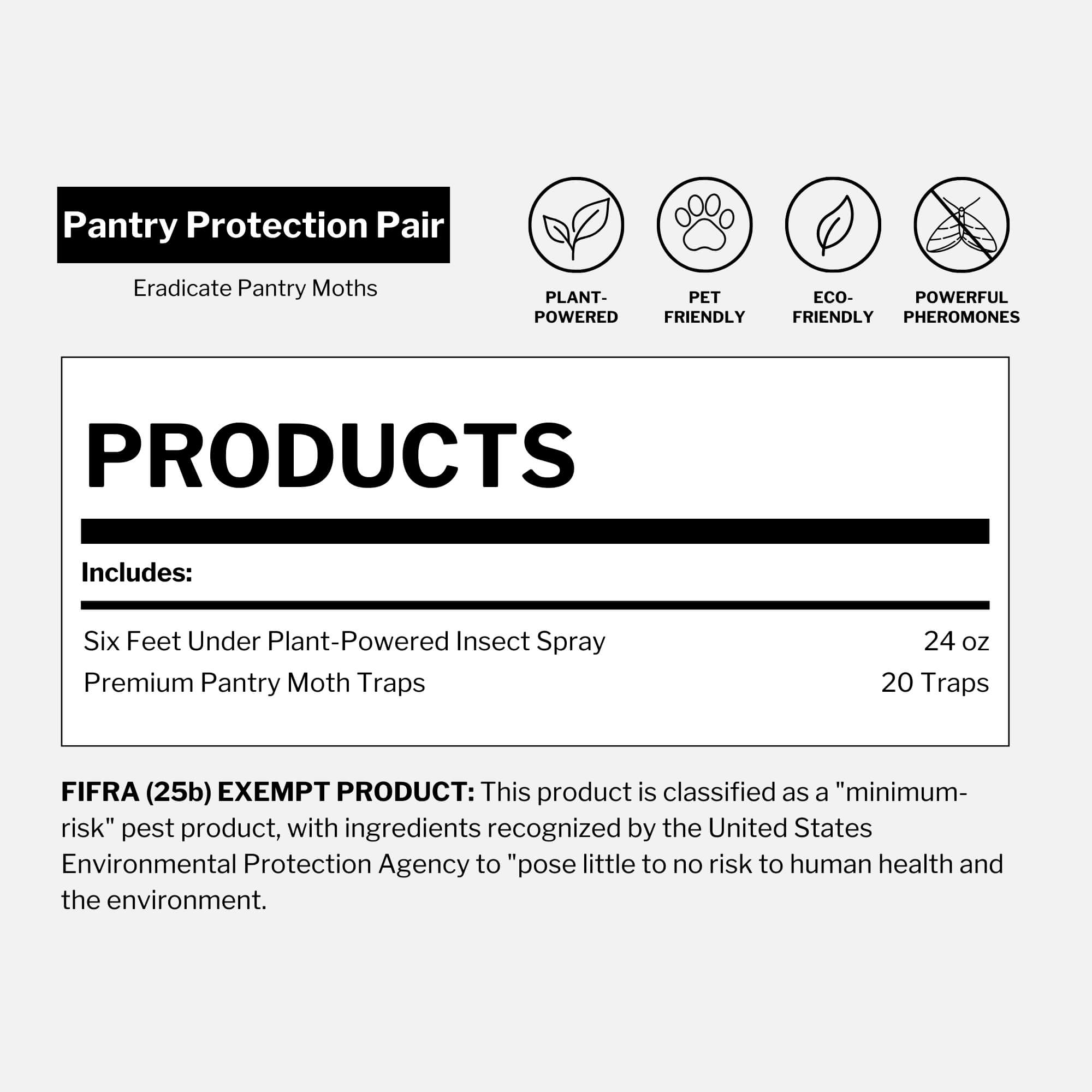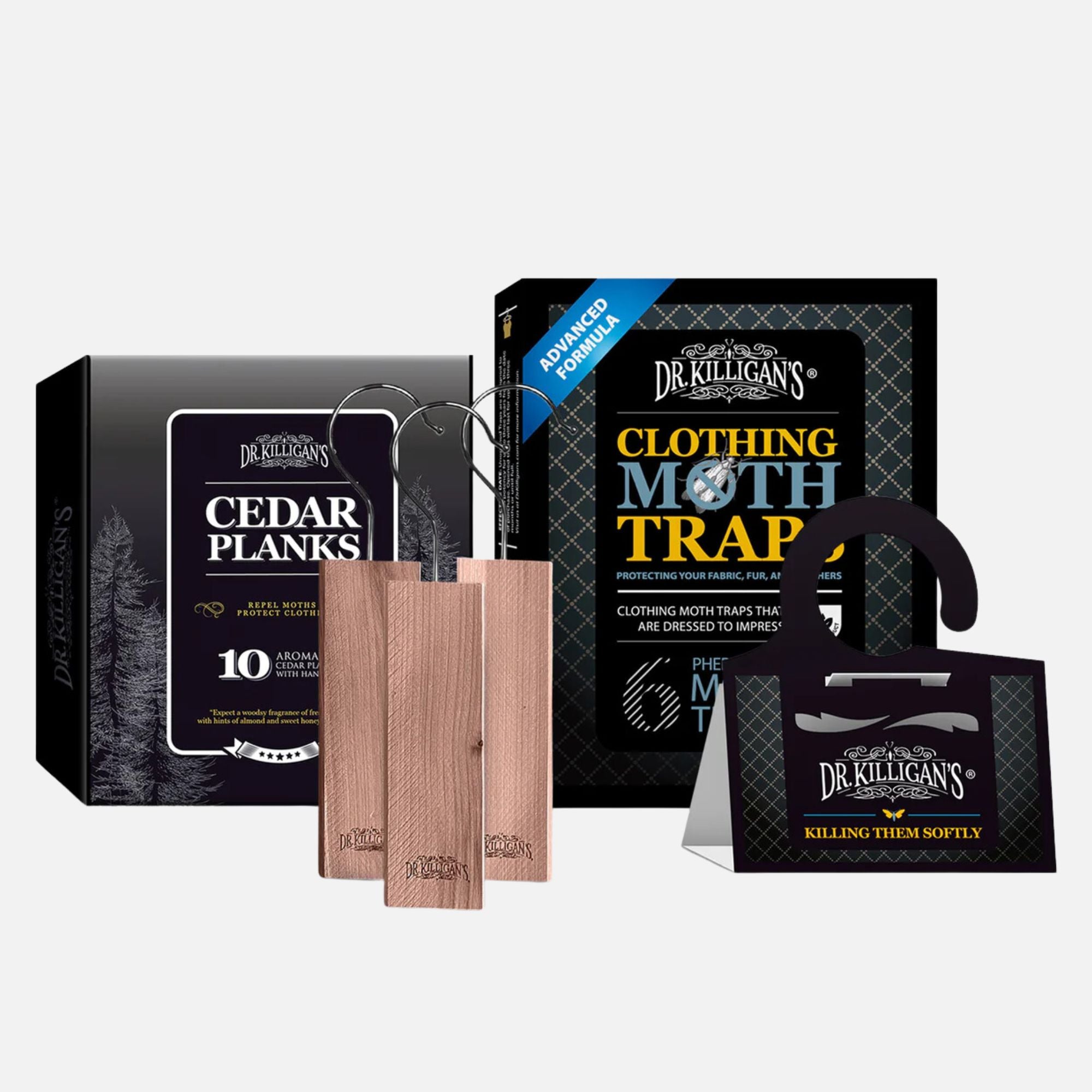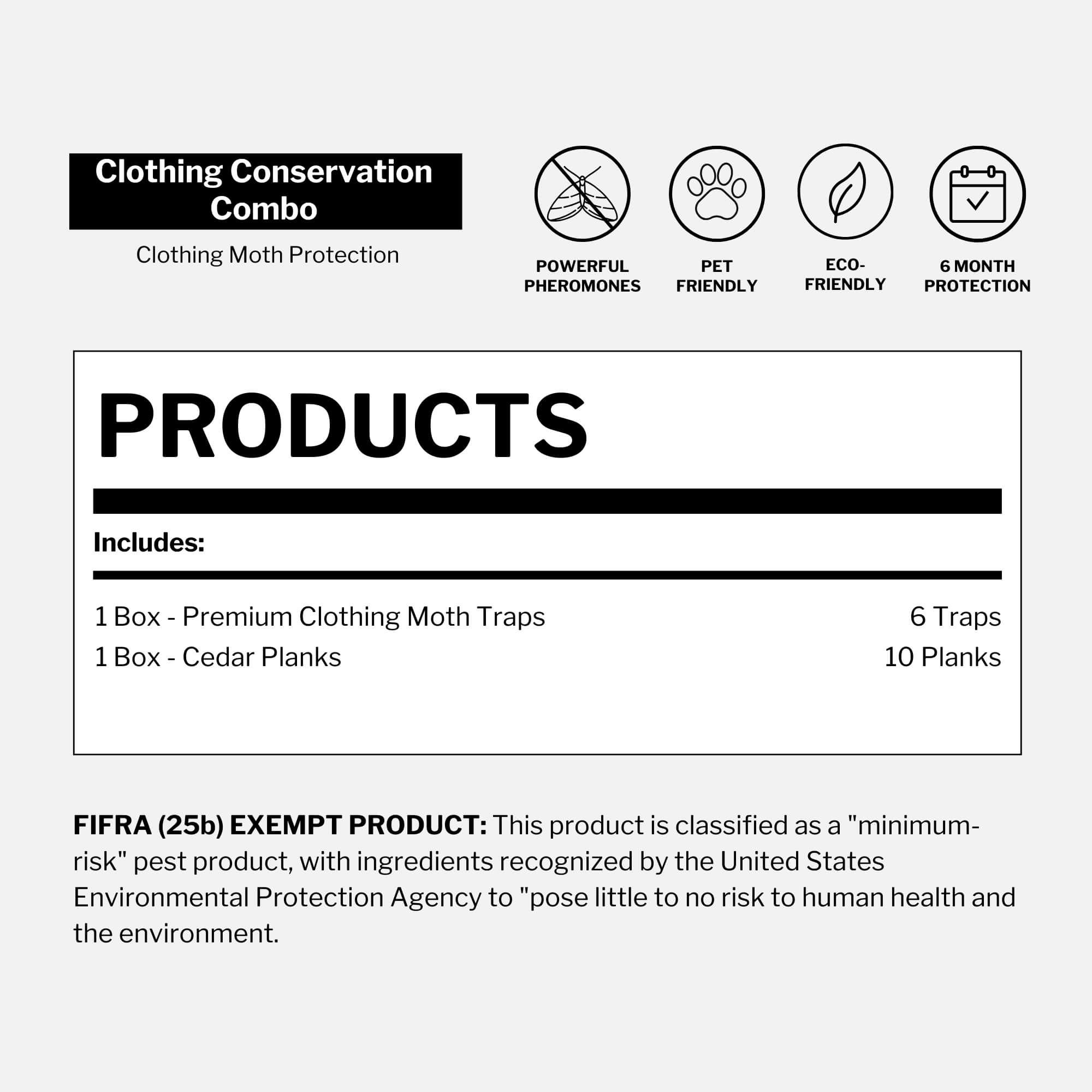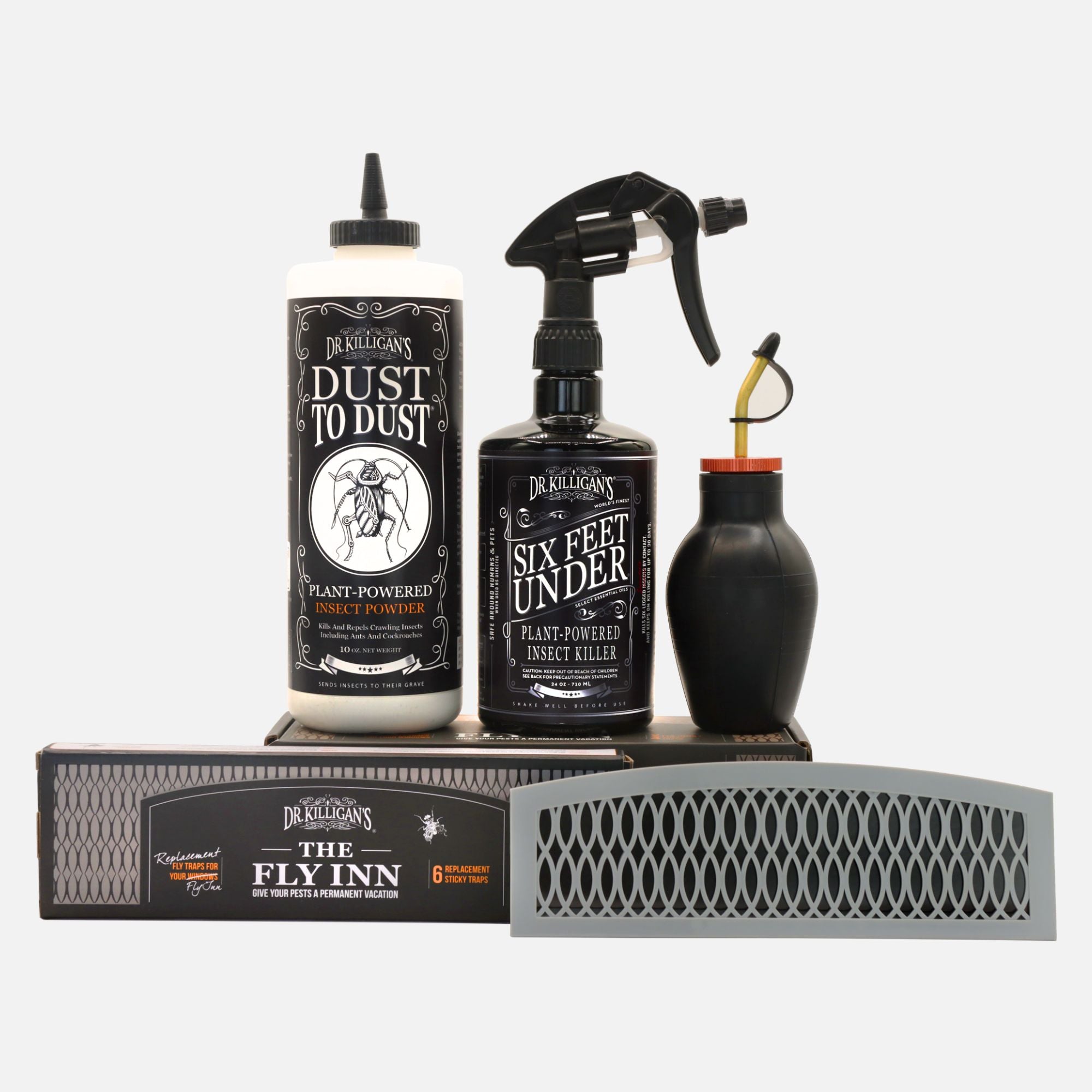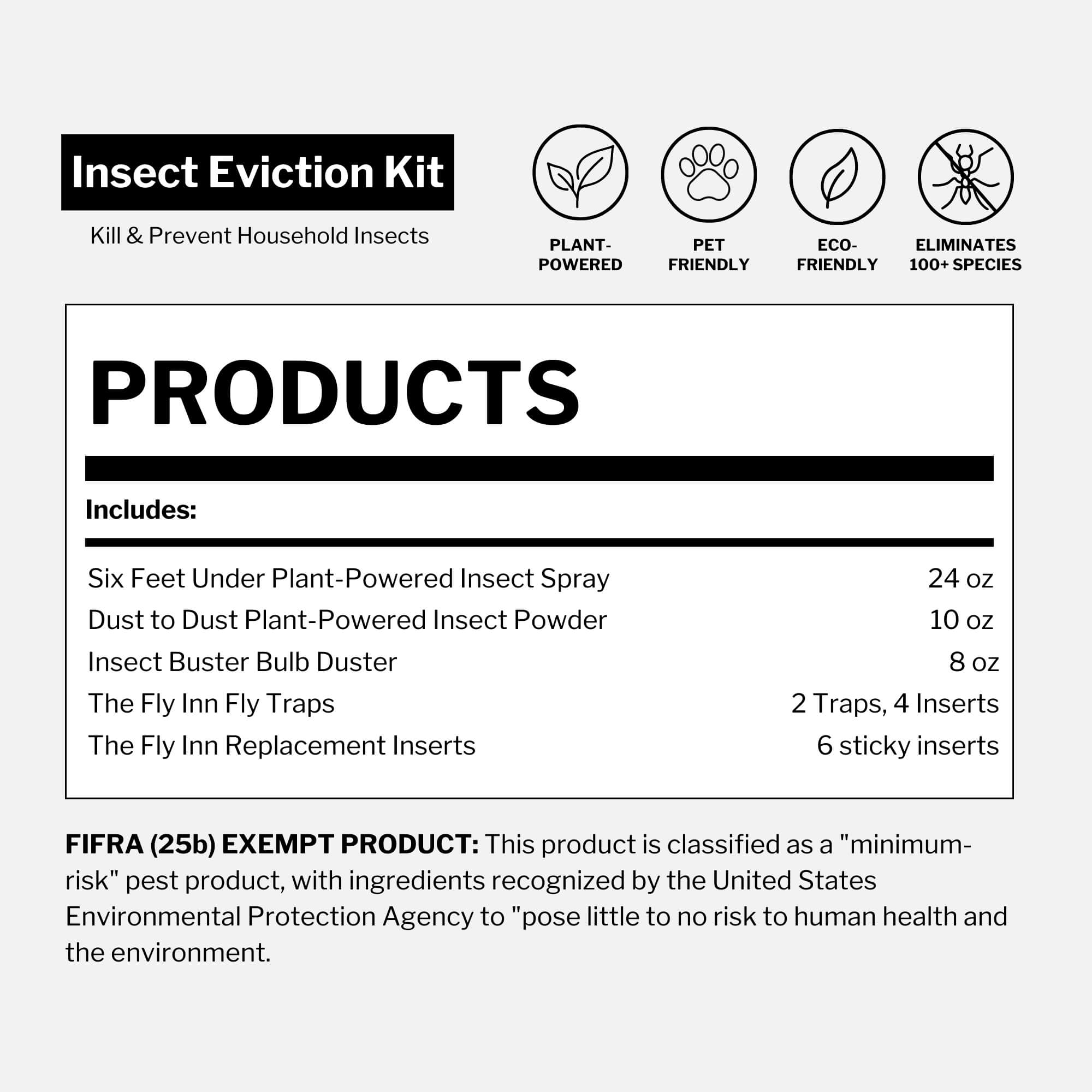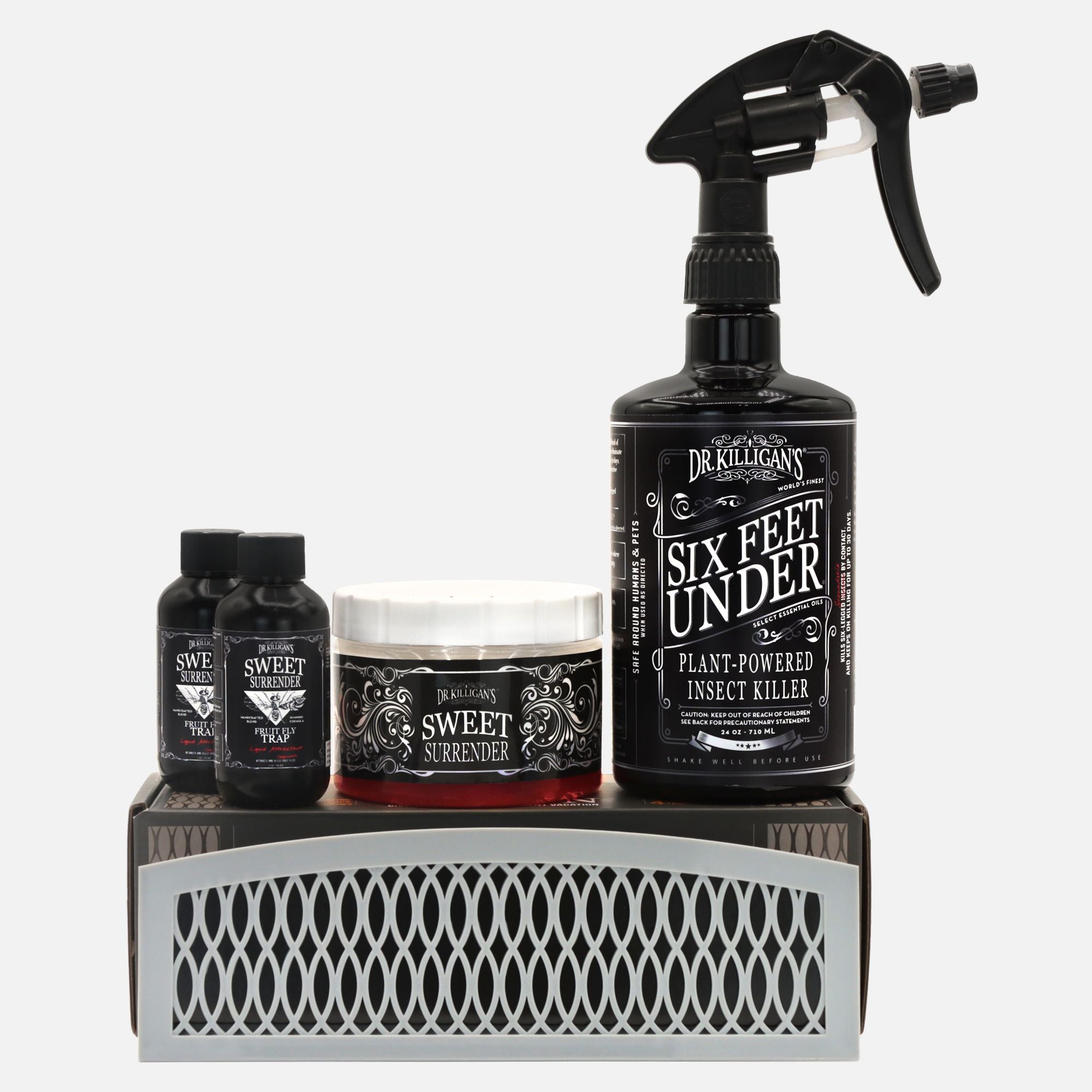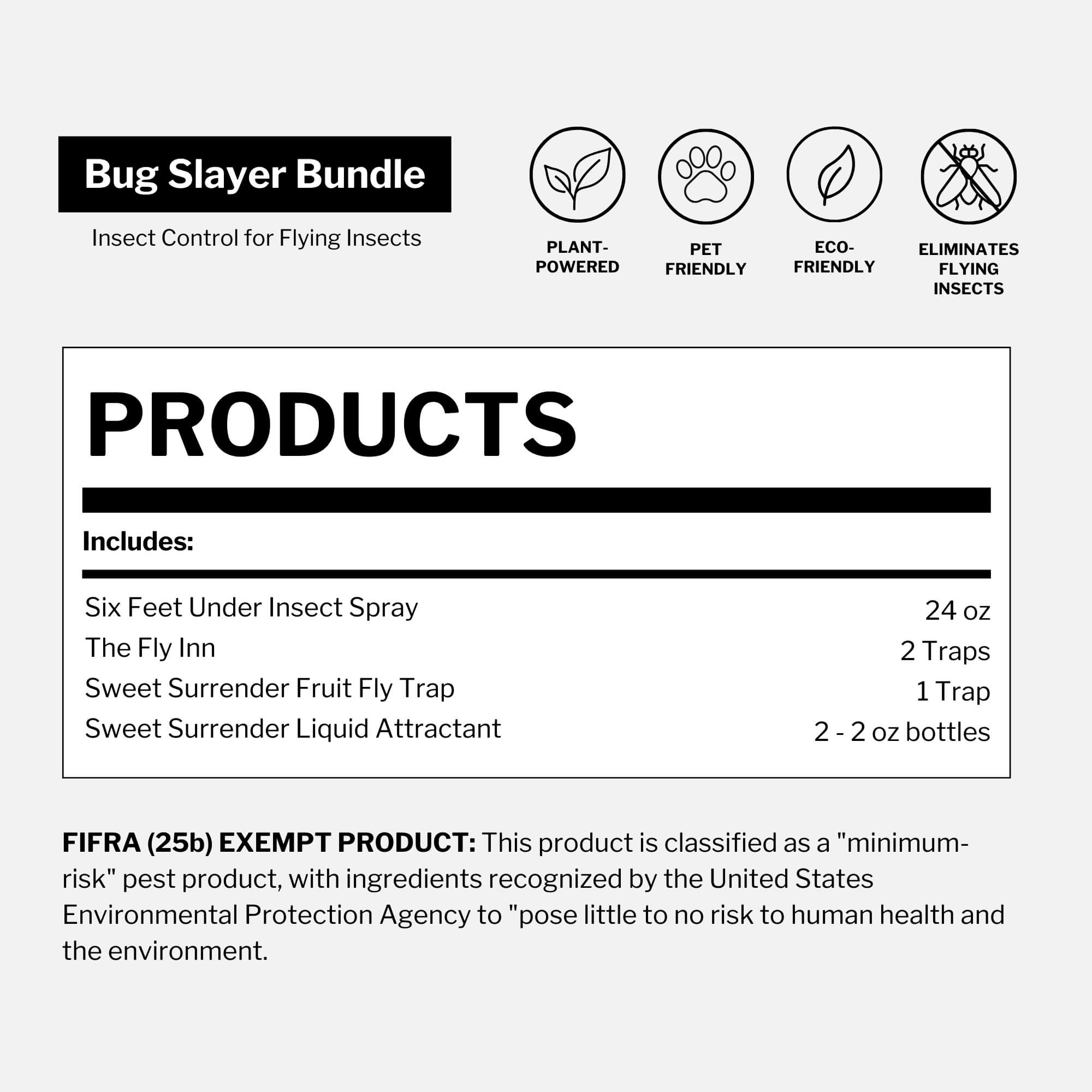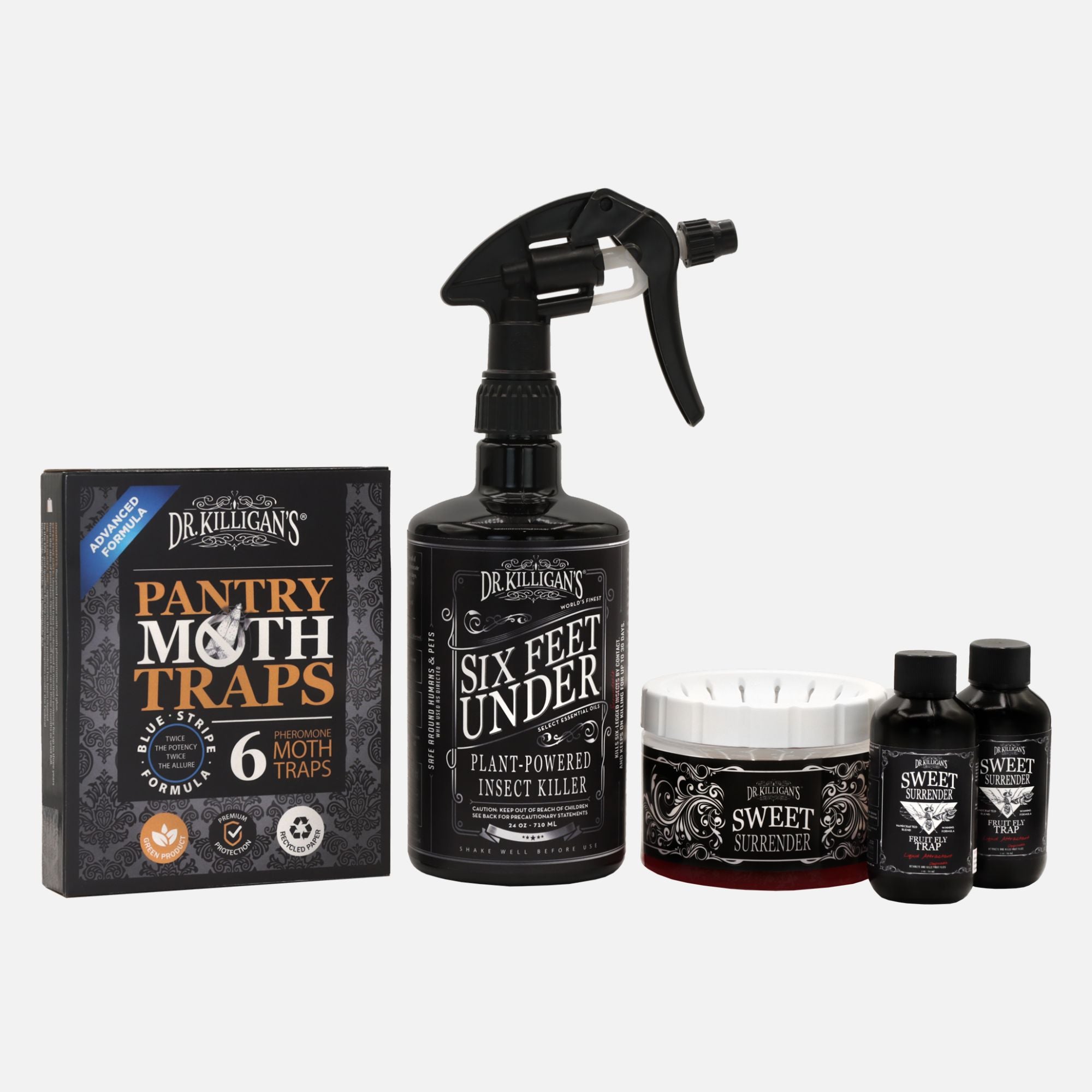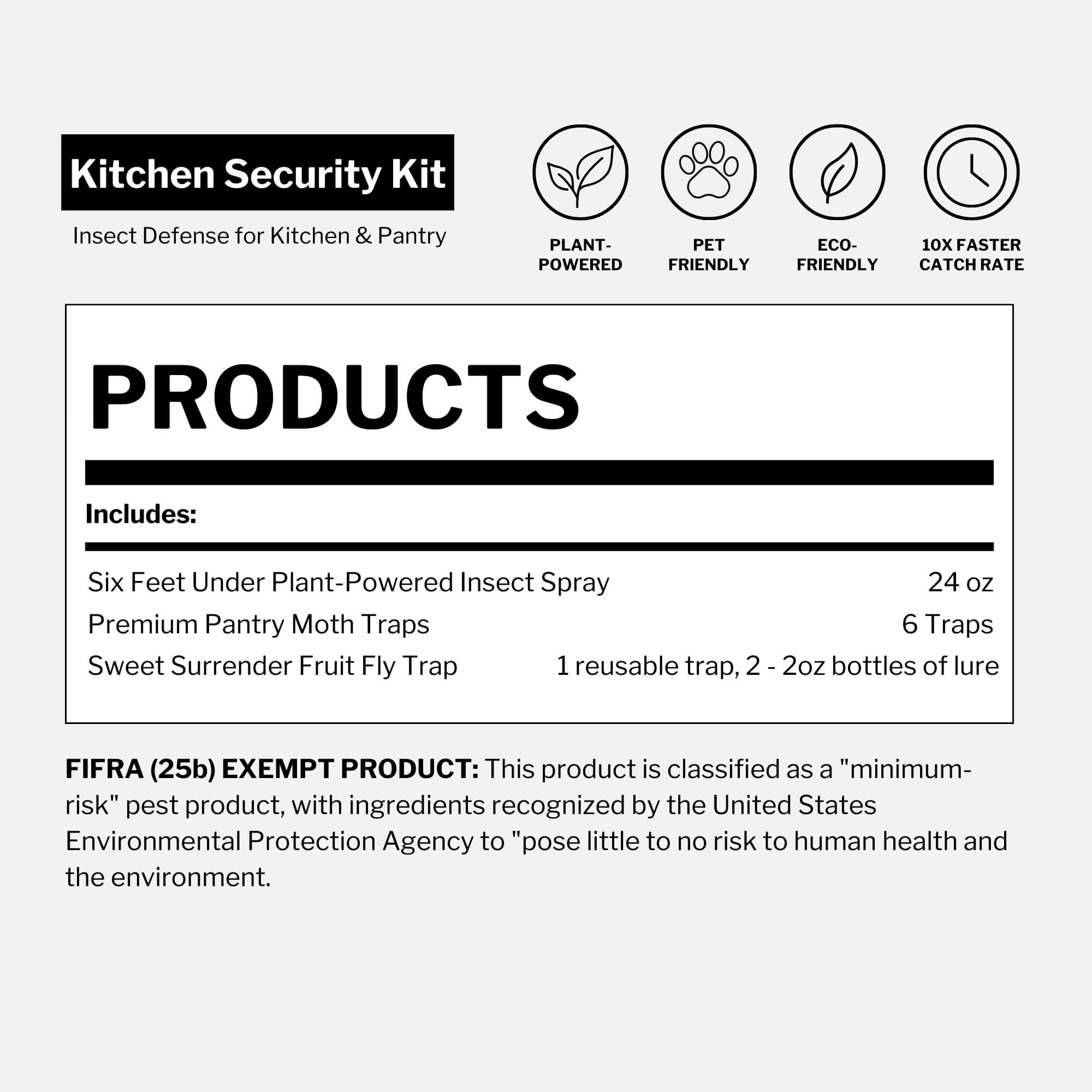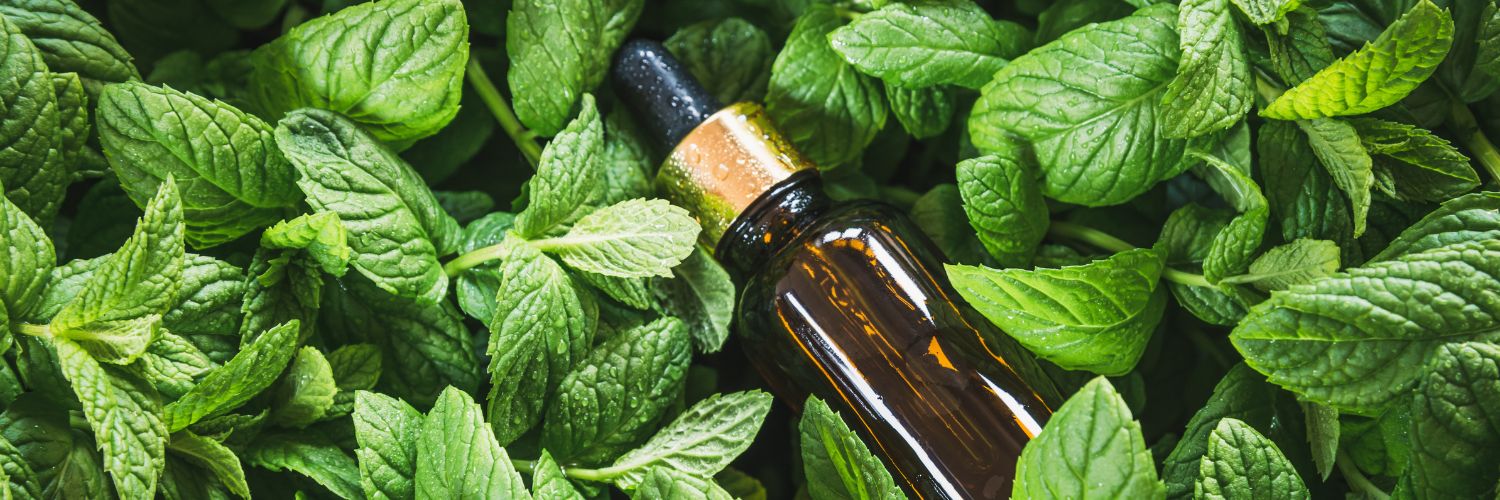Inviting anyone into your home can be cause for celebration—unless this person is downed in a long, white coat with a protective plastic shield over his face, long bleach-white gloves on his hands and some sort of slip-ons over his sneakers. He is obviously well-protected. But then the probing question within my mind finds a voice: “What is he protecting himself from?”
Obviously, he is aware of the chemical trail that he will be leaving behind—in my home—and is concerned about not breathing in the chemicals that he will be dusting my home with. He is clearly limiting his risk of exposure and risk of pesticide poisoning.
It is here that we should all pause. Do I want what this exterminator is offering in my home? Do I feel comfortable with the chemicals that this fumigator is crossing my threshold with?
Note: An exterminator typically uses chemical sprays or other methods, such as traps or sealing off entry points, to eliminate pests from a specific area, such as a home or business. On the other hand, a fumigator uses gaseous chemicals or vapors to eliminate pests from an entire building or structure.
My friend, I believe it may be best to wait. Here are six compelling reasons why.
1. You may not need an exterminator
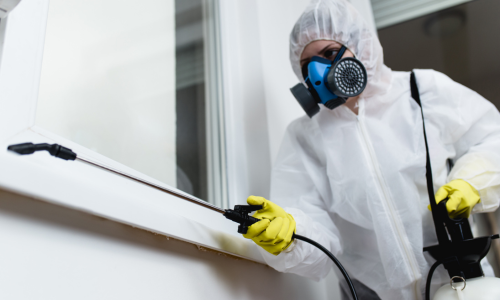
Unless you are dealing with termites or another potential house-destroying insect like carpenter ants, you may not need a professional exterminator or fumigator. Pests, no matter what, will frequently attempt to visit our homes, whether you live in a home that was just built or one that is on the Register of Historic Places. All homes, after all, have food, water and shelter—which is exactly what these miscreants are after. Tiny insects, including midges and mites, are frequently found in the cleanest of homes, and it’s easy to "accidentally" bring a pest, such as a pantry moth, home from the grocery store, as they enjoy piggy-backing on many dry foods.
2. They are many DIY pest control options available
There are a plethora of DIY pest control options available, from adorning your yard with natural insect-repelling plants and using essential oils to rid your home of ants to getting rid of wasps with diatomaceous earth. If you have access to the internet (and your reading of this article proves that point), then you most likely have the power, within your fingertips, to do your own home pest control and solve your (pest) issue.
3. Not all bugs are bad
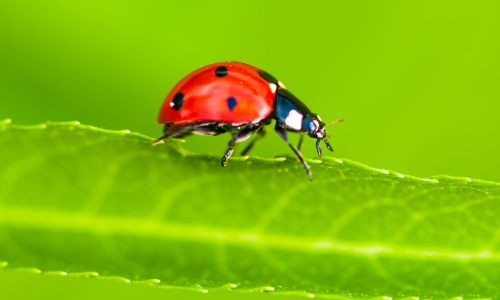
While some insects are considered pests because they can cause damage to crops or be a nuisance in homes, many other insects play important roles in our ecosystems. For example, bees and butterflies are essential pollinators that help plants reproduce, while ladybugs and praying mantises are natural predators that help control populations of harmful pests. Insects also serve as food for many other animals, from birds to reptiles to mammals.
By recognizing the value of insects beyond just their negative impacts, we can develop a deeper appreciation and understanding of the natural world around us.
4. Ants are resilient and difficult to control
Once ants have established a presence in a particular area, they can be quite tricky to get rid of. Ants are social insects that live in colonies and their ability to work together and adapt to changing conditions can make them challenging to manage. This is why I highly encourage all readers to use diatomaceous earth in their fight against overwhelming ant populations and to effectively get rid of ants. It may take time, as ants are able to reproduce quickly and in large numbers, but it is effective. Too, it’s worth knowing that ants are able to develop resistance to certain pesticides or other control methods (yet another reason not to go the chemical route).
5. You shouldn’t spray chemical-laden bug spray in your house
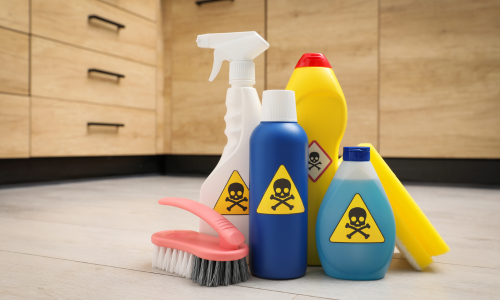
Spraying bug spray in your home can be harmful to both humans and pets. The chemicals in bug spray can cause respiratory problems, skin irritation and even headaches or dizziness. Additionally, these sprays can get into your air vents or settle on surfaces, potentially causing long-term damage to your home or belongings. An article published by the Society of Environmental Toxicology and Chemistry found that pyrethroids, a common pesticide used in lower concentrations to repel bugs, can persist in household dust up to a year.
Too, these chemicals don’t readily break down. When sprayed outside, they are diluted by natural elements such as rain, sunlight and microorganisms in the soil. However, when used inside your home, these same chemicals tend to linger. Because indoor environments lack the natural processes that break down chemicals, they can accumulate and create long-term exposure risks for people and pets who live there.
The best bug spray to use is one that you make yourself.
6. Many sprays are toxic
The chemicals and pesticide sprays used by professional exterminators to kill household bugs can be harmful not only to the pests but also to humans and their pets. These chemicals can pose a health risk if not used properly, and can cause irritation or allergic reactions, as well as long-term health effects such as cancer, reproductive problems and neurological disorders.
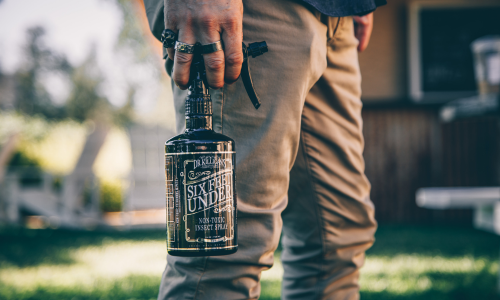
A study published by the National Library of Medicine "indicated a positive relationship between exposure to pesticides and development of some cancers" and encouraged family doctors to "...consider asking about pesticide exposure during periodic health examinations and make recommendations about minimizing exposure." It also highlighted how, as a result of various studies, bans on the cosmetic use of pesticides have been implemented.
In actuality, there may unknowingly be products filled with toxic chemicals already in your home, including in your pet’s food, ones with pesticides that may affect our deer and osprey populations (and other wildlife). Be mindful, read labels and understand the potential threat of bug killing products being used in your home and around your families.
At Dr. Killigan’s, the health and safety of your family and pets is our top priority. This is why our entire product line is non-toxic, non-poisonous and free of permethrin and other pyrethroids, such as allethrin and deltamethrin, that can be harmful to you and your loved ones. Our Six Feet Under, for example, has soybean oil, cinnamon oil, and clove oil as part of its active ingredient list, all of which tote wonderfully natural and potent insect-killing compounds. Whereas our Cedar Planks are sourced from renewable forests in the USA, our moth traps feature non-toxic glue and two of Dust To Dust’s active ingredients (released this spring) are rosemary oil and peppermint oil. Stay the non-toxic route and play it safe with Dr. Killigan’s.
